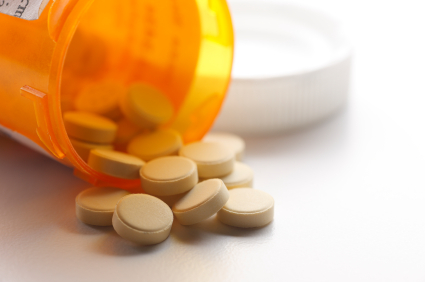
The recent study in Archives of Internal Medicine suggesting that the harms of aspirin may outweigh its benefits in primary prevention (meaning preventing a cardiovascular event in someone who has no known cardiovascular disease) has led the average medical consumer to perceive a “flip-flop,” leaving him or her uncertain and mystified—a not-unfamiliar position.
You see, current recommendations from the U.S. Preventive Services Task Force state that for men over 45, and women over 55, the benefits of aspirin probably outweigh the risk.
As a physician-epidemiologist who has been an over-45-year-old male for more than a decade and has chosen NOT to take aspirin, here’s how I think such decisions can be made by consumers.
The less likely you are to have a heart attack, the less likely you are to benefit from something that prevents them. This makes sense when you think of it: if I can do something that cuts my risk in half, I’ll realize a greater benefit if my risk is 10% than if it’s one in a thousand. If there’s a potential downside, then the smaller the chance for benefit, the greater the relative chance for harm.
Evidence still shows that the benefits of aspirin outweigh the harms in people who are at greatest risk for heart attack, like those who have already had a heart attack (this is called secondary prevention), because their risk for another heart attack is relatively high.
But the new study suggests that for primary prevention, the risks outweigh the benefits for most people. That’s because as the potential benefit declines, the potential harm looms larger.
Aspirin has always had the downside risk of causing bleeding. That’s how it prevents heart attacks. It inactivates a substance in platelets that helps blood to clot. Thus the same thing that reduces heart attack risk (by inhibiting clot formation in coronary arteries) increases bleeding risk (by inhibiting clot formation where you want blood to clot, such as a bleed inside your gut or your brain).
But even before this new study’s results were unveiled, I never took aspirin routinely. I already had a large randomized trial—the Physicians’ Health Study—to guide me, which found that more heart attacks were prevented than hemorrhagic strokes caused. So why haven’t I been taking aspirin? Frankly, I’d rather have a heart attack than a hemorrhagic stroke. A fairly high proportion of heart attacks kill you instantly (sudden death), while a large proportion of strokes leave you significantly damaged but alive. The possibility of dropping dead doesn’t scare me nearly as much as does a major stroke.
It is extremely challenging to translate public health impact into individual, patient-level decision making. We’d all like this to be easier, but no such luck: decision making in this arena requires a complex analysis of the available studies, underlying individual risk and individual preferences.
In a blog post in the New York Times, Tara Parker-Pope reported that “for every 162 people who took aspirin, the drug prevented one nonfatal heart attack, but caused about two serious bleeding episodes.” Now, calling these bleeding episodes “serious” is a stretch, since this new study is a meta-analysis combining nine different studies, meaning they had to come up with a definition of “non-trivial bleeding.” (It included, among other things, “epistaxis,” which is medicalese for nosebleed.) Still, it makes a key point: all drugs (even aspirin) have risks.


Comments on this entry are closed.
Paul,
Thanks for reminding us that we each are individuals and may have personal reasons for making considerations that may not follow the “norm” and that’s okay. We each should be asking ourselves “How does this apply to me? Is it what’s best for me?” And also asking our doctors. Hopefully, they, too, will remember that we’re each individuals and not a sum of statistics.
So, if on baby asprin daily – should we have a bleeding or clotting time every year or so?